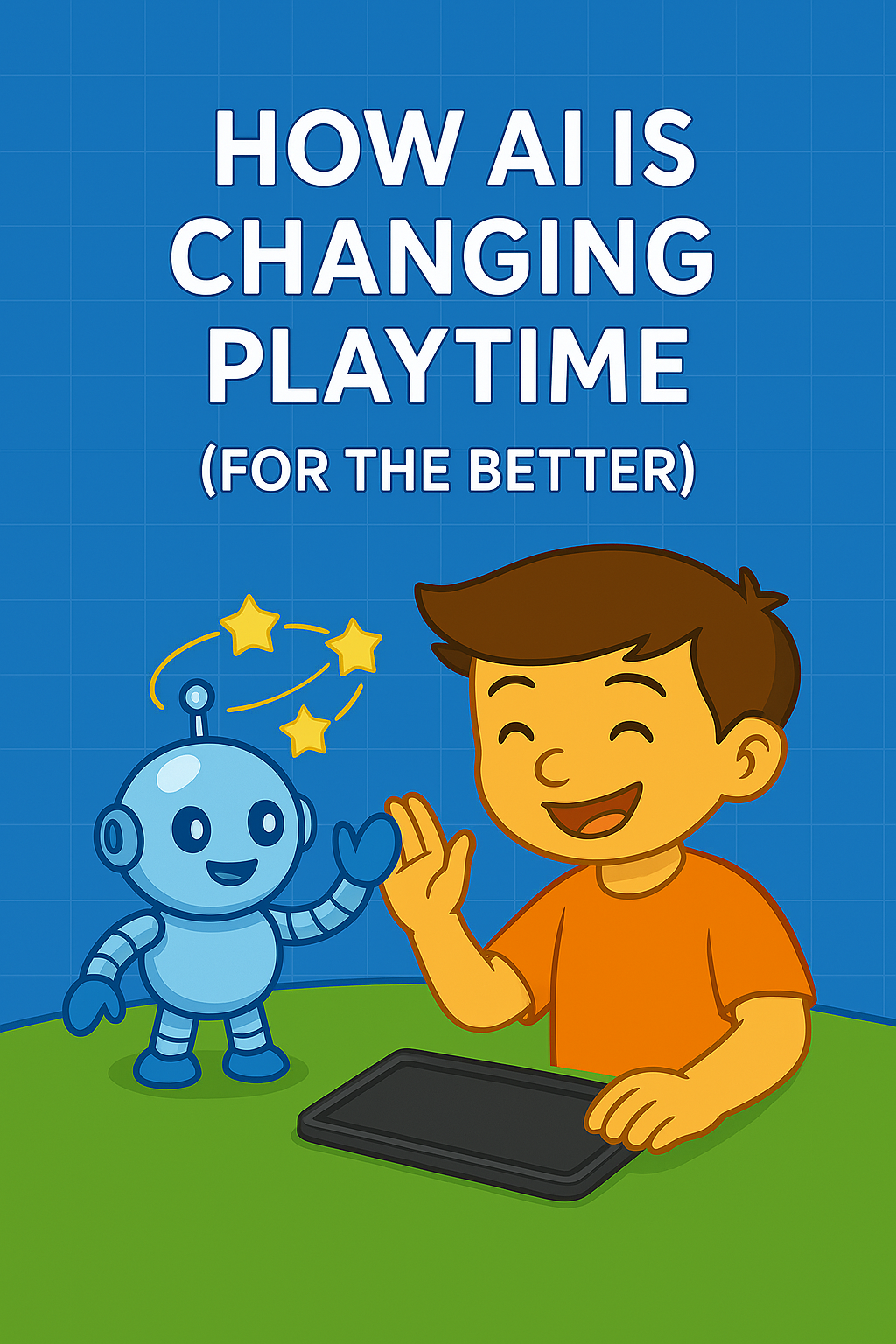For the Better
AI is transforming toys into responsive, intelligent companions that adapt to each child’s pace and preferences. Modern playthings blend sensors, machine learning, and safe connectivity to deliver experiences that grow with young explorers—fostering creativity, problem-solving, and social skills in ways static toys never could.
Personalization at Every Turn
Gone are one-size-fits-all play patterns. AI-driven toys learn a child’s interests and skill level, then customize challenges in real time. A robot might start with simple puzzles and ramp up complexity as coding skills improve, or alter story outcomes based on a kid’s previous choices—keeping engagement high and frustration low.
Adaptive Learning & Skill Development
Smart toys track progress and detect when a child needs more help or a fresh challenge. Next-gen AI toys feature advanced sensors and custom learning algorithms that adjust difficulty, suggest new activities, and even recommend offline projects to reinforce key concepts. This dynamic feedback loop accelerates learning while keeping playtime fun.
Interactive Storytelling & Social Play
AI characters don’t just follow scripts—they improvise. Using natural language processing, some toys can converse, tell branching stories, or role-play alongside multiple children. By responding to voices and gestures, these companions encourage collaboration, empathy, and creative storytelling that bridges digital and real-world interaction.
Safety, Privacy, and Parental Peace of Mind
Leading toy makers are embedding privacy-by-design and robust safety controls into AI playthings. The recent Mattel × OpenAI collaboration showcases toys that learn and evolve securely, with age-appropriate filters and encrypted data handling to protect young users. Parental dashboards let caregivers set time limits and review activity logs—ensuring technology enhances childhood, not endangers it.
Sustainable, Updatable Playthings
Unlike traditional toys that lose appeal, AI-powered playthings can receive over-the-air updates to add new games, skills, or characters. This software-driven model reduces electronic waste and keeps play fresh without buying replacements—making AI toys an eco-friendlier choice for growing families.
The Future of Play Is Smart
With the global AI toy market projected to soar—from $12.7 billion in 2023 to over $40 billion by 2032—interactive, intelligent play is poised to become the new norm. As sensor technology advances and learning models become more sophisticated, playtime will continue evolving into personalized, educational adventures that delight both kids and parents alike.
